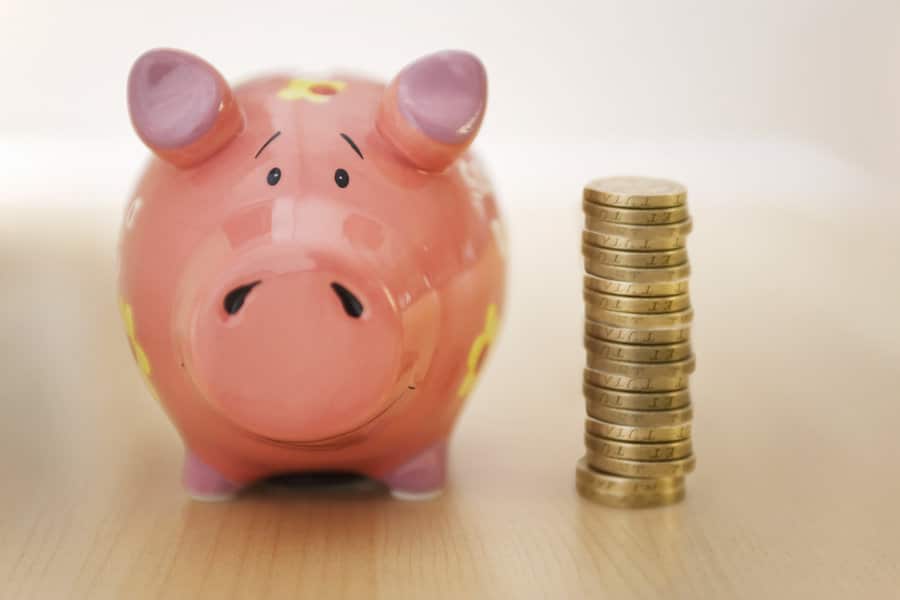Follow these quick tips to spend cautiously and grow your money.
1. Set Simple Financial Goals
Set simple financial goals by answering the following questions:
- What do I plan to accomplish by growing my savings?
- What do I need to do to make my goal happen?
2. Keep Track of Daily Expenses
Save all your receipts each day and record them in your budget book or computer spreadsheet. Split your expenses into categories, like:
- Groceries
- Medical copays
- Vehicle expenses
- Transportation expenses and
- Socializing.
Total your expense record weekly then monthly.
By doing this you will see where your money is being spent and where you can save money to your savings account.
3. Create A Budget
Your goal should allow you to live within your means and stay out of debt. You might also have a car, house, or student loan, but the tips below are more for improving your daily living spend.
- Pay in cash only or use your debit card. Only carry one credit card for unforeseen emergencies i.e. car breaks down or replace a major appliance.
- Set long-term goals. What is your long term goal going to be? Do you want to save for your dream vacation or have a large emergency fund to get out and stay out of debt? Distinguish between your needs and what you want.
- Shop with a list! Only purchase items on your list that you need. Grocery shopping tips:
– Shop on a full stomach so you can eliminate purchasing junk food at checkout!
– Survey the items in your cart before you check-out.
– Ask yourself the following questions:
Do I really need everything that I am buying?
Are there items I should put back or think about for next time?
Keep editing your selections until you feel good about the purchases. - Give yourself a weekly allowance. Once you’ve spent your weekly allowance then stop spending for the rest of the week.
4. Determine Your Net Worth
Your net worth is the figure you get when you add up everything you own from the value of your home to the cash in your bank account and then subtract from that the value of all of your debts which may include a mortgage, car or student loans or even credit card balances. Set up a spreadsheet or worksheet to help you stay on track.
- Evaluate outstanding debts. Carry one credit card for emergencies only i.e. car breaks down; vacation emergencies (need finances to get home); what are your monthly payments; consider paying off debts early (debt reduction)
- Make a list of who you owe! Include the following information:
– Outstanding Debts
– Debt Date
– Company Owed
– Amount Owed
– Payment Plan
Action Commitment: Cancel Credit Cards and Store Charge Cards - Budget Monthly – Categories can include
– Home Motor/Vehicle
– Children
– Insurance
– Transportation/Public
– Food
– Personal
– Health
– Leisure
Action Commitment: Complete your monthly worksheet – and KNOW YOUR FINANCES!

